The world is slowly becoming a little more conscious of our impact on many things; on the planet, the animals that share our planet, each other… the list goes on. This advertency has trickled into our decision making when buying new clothes and the fashion industry is duly changing course for the better.
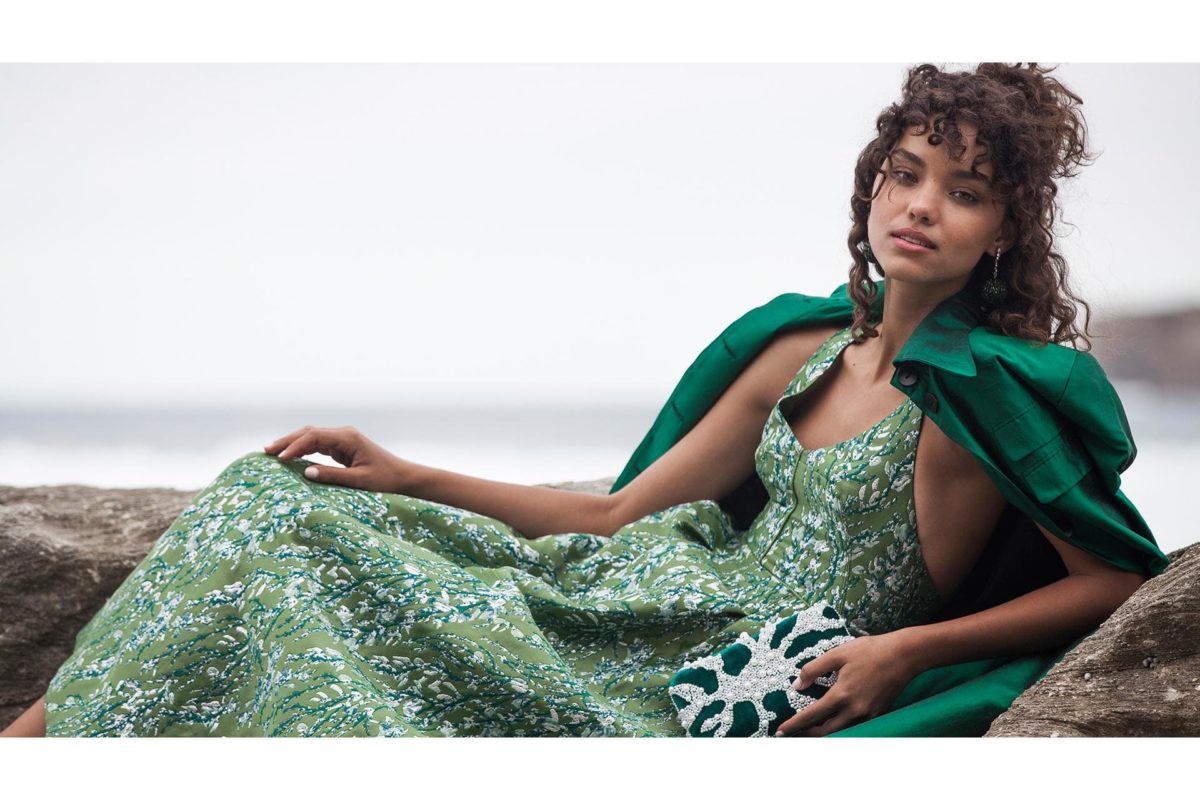
To put it simply, the fashion industry is hurting our planet. It is one of the biggest contributors to gas emissions in the world. Textile dying is the second largest polluter of clean water – not to mention the rest of reasons from the long list of detriment that is caused by fashion. Luckily, the world is taking its first few steps out of the haze that has been destroying our planet and sustainable fashion is on the rise – baby steps are still steps!
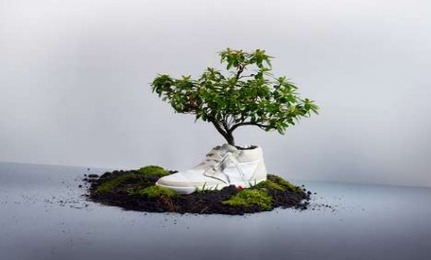
According to a recently released data report from fashion search engine, Lyst, there has been an increase of sixty-six percent more searches for sustainable fashion since 2018. Since October alone the search platform has reported a 119 percent increase in searches for “vegan leather” – can I get a hell yeah?! As a whole, more and more consumers are taking that step towards a greener fashion industry, willing to spend more on eco-friendly items that will last, rather than polyester piffle that breaks after one wear or wash. We’ve still got a long way to go, but hey, it’s a start.
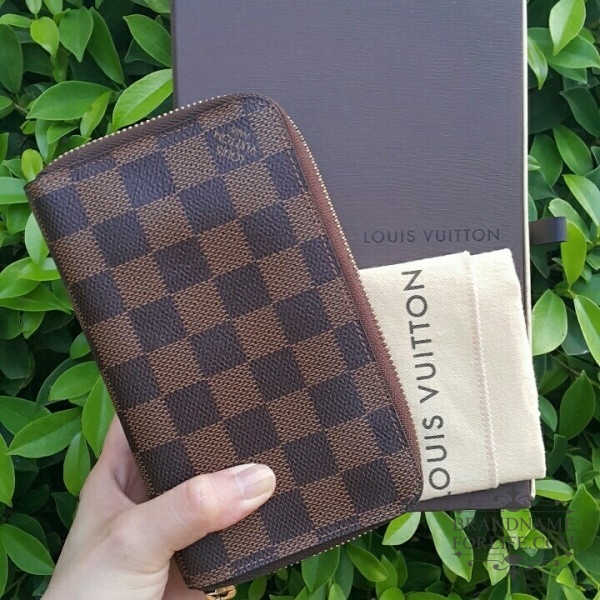
There has also been an increase in searching and purchasing vintage pieces, especially in the luxury brand category, with more and more people opting to buy their luxury items second-hand.
Designer Hire has also become an environmentally friendly trend, offering consumers the chance at something they might not be able to afford to purchase but can hire for much less. More importantly, these hire companies are decreasing the amount of waste in relation to fashion because the clothes are being used and re-used countless times over – think about how many dresses that are in your closet that you’ve worn once and had enough of? I know I’m sooo guilty of this.
So, the consumers are picking up pace with their responsibility but are the producers? Many new and established designers are choosing to become – or are already being – ethically responsible in a number of ways. Retail giant H&M has pledged to use 100 percent renewable or recycled materials by 2030. They are also currently using fifty-nine percent sustainably sourced cotton and in 2017, they recycled nearly eighteen tonnes of textiles which is huge in more ways than one.
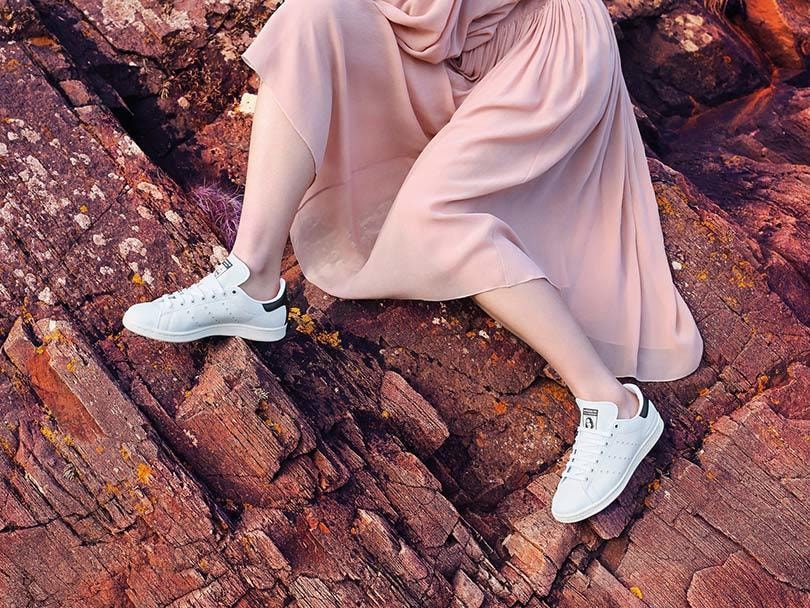
Luxury names like Stella McCartney, who has had an eco-centric ethos for years, are also improving their sustainability tactics. The powerhouse was the first European partner and luxury brand to adopt the Clean by Design program, which helps reduce the environmental impact of textile production in factories. This is just one way the Stella McCartney label attempts to be ethically responsible; another is the material used to make the clothing. Not only is the leather used completely vegan, but the brand uses other eco-friendly materials such as recycled polyester, organic cotton and regenerated cashmere.
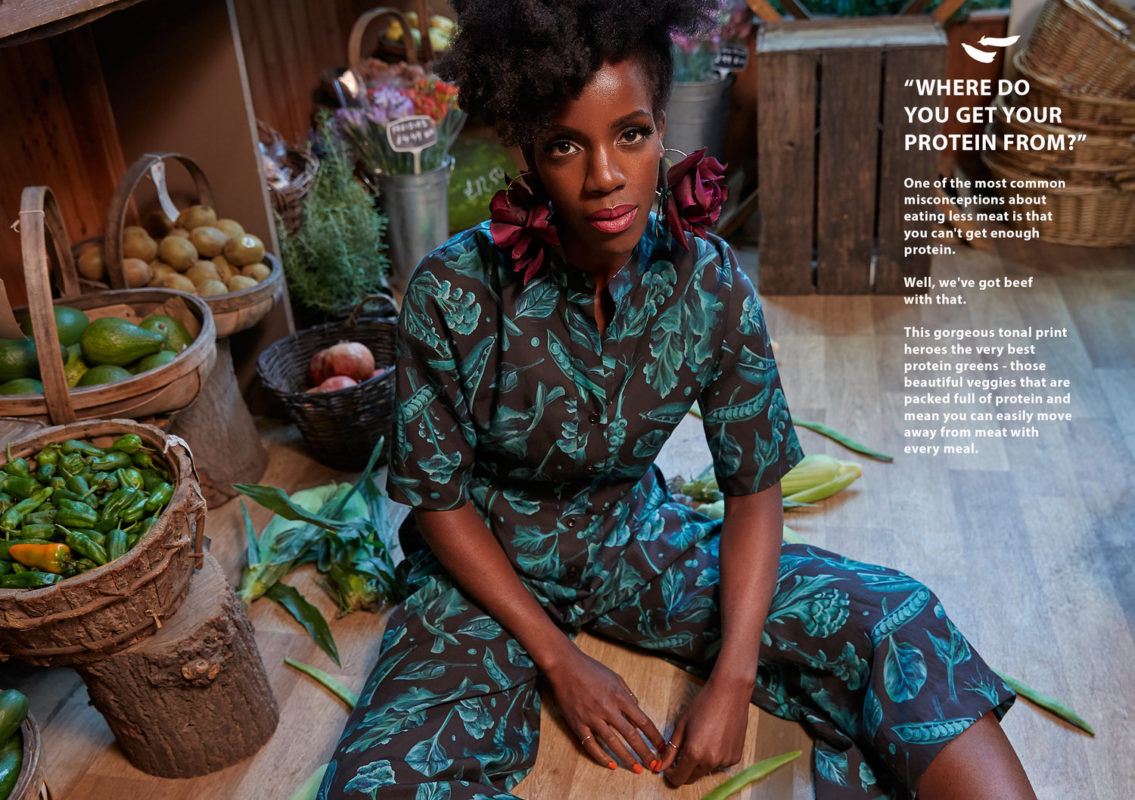
Gung-Ho is a fashion forward brand that has been pushing the boundaries on sustainable fashion since it was brought to life. Every collection uses sustainable fabrics, is hand-made locally and even centres around a particular environmental issue, so you get to preach what you purchase! With each collection they release, from their Food For Thought collection that raises awareness on how we should interact with food, to their Plastic Oceans collection that brought to light the harmful nature of plastic, the company sparks the fire of discussion around these important topics. With each collection, they choose a charity that matches that particular issue and donates £5 ($9) from each sale to the cause – major snaps, not to mention my major crush on these cute af bee earrings #savethebees!

For a company to take full ethical responsibility, they have to also look to the treatment of their workers, especially those who are making the clothes. Post-punk fashion brand, WYNAD pride themselves (deservingly) on the ethical production of their clothes. Using sustainable production methods and Fair-Trade certified suppliers across India, the brand has taken focusing on the people just as important as the environment, something a truly ethical brand should do. Even ten percent of their sales support women empowerment projects in India and the production of their clothes has provided numerous Indians living in regional areas a chance at fair employment.
There are a number of ways that designers and brands can be more ethically sound, but the truth is, they are driven by consumer needs and wants. So, as a consumer, it is important (if not for you – do it for the turtles) for us to make the right choices. When looking for that next cute ‘fit, why don’t you hire it? Or check the label and do some research to see how your clothes are being made. In the end we benefit; longer lasting clothes that look good, feel good and ARE good. Make good choices people!
What steps are you taking to reduce your carbon footprint? Give us some more ideas on how to “bee” kinder in the comments below!







